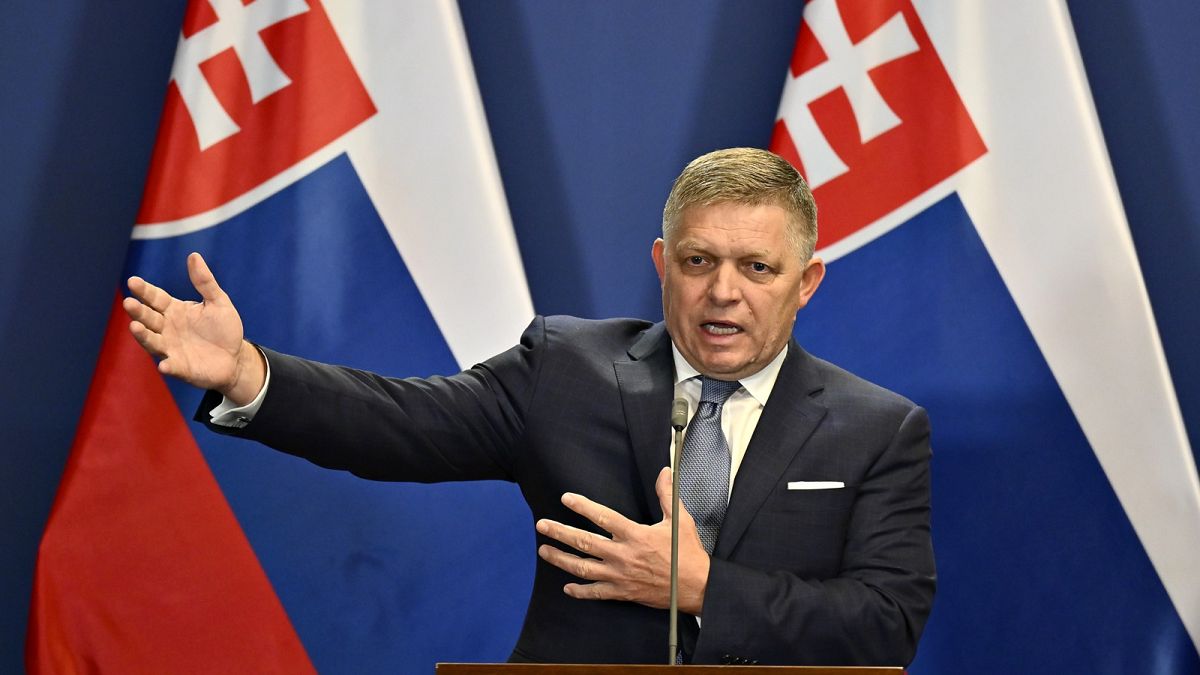

In a world defined by interconnected challenges and diverse narratives, recent events have brought different facets of global governance into the spotlight. These developments—ranging from EU sanctions, the plight of displaced workers, to international legal actions on human rights—highlight the complexities that nations and institutions navigate in pursuit of justice, stability, and human dignity.
In the heart of Europe, the European Union faces a moment of introspection and dialogue. Slovakia has maintained its veto against a new package of sanctions targeting Russia, highlighting the nuanced and multifaceted considerations each EU member must balance. The continued discussions between Brussels and Bratislava underscore the importance of consensus-building in multilateral platforms, reflecting the EU’s constant pursuit of unity while respecting individual national priorities. This ongoing diplomatic engagement emphasizes the delicate dance of negotiation within a union that thrives on collaboration.
Meanwhile, the human impact of geopolitical decisions is poignantly illustrated in the story of Mohammed Baraka. A Palestinian employee who once served at the EU border assistance mission at Rafah, Baraka now finds himself in a precarious situation. With the closure of the EU office amid regional unrest, Baraka was evacuated to Cairo, left in limbo without employment or the legal status necessary to sustain his livelihood. His plea to the European Commission for assistance highlights the human dimension so often caught in the crossfires of geopolitics, serving as a reminder of the broader responsibilities that organizations with a global footprint carry concerning the individuals who serve them diligently.
Elsewhere, a significant step in upholding human rights has been undertaken by the International Criminal Court (ICC). The court has issued arrest warrants for two notable figures within the Taliban hierarchy—Haibatullah Akhundzada and Abdul Hakim Haqqani—accused of crimes against humanity due to the systematic persecution of women and girls in Afghanistan. These actions, which allegedly involved depriving women of fundamental rights such as education and freedom of expression, represent not just legal reckoning but a broader international commitment to accountability and human rights advocacy. This development stands as a testament to the enduring global effort to confront injustice and uphold the dignity of those most vulnerable.
These narratives, while distinct in their issues, collectively paint a picture of the modern world’s challenges—of governance amidst political contention, highlighted human rights advocacy, and care for those displaced by geopolitical shifts. As the international community continues to address these and other pressing issues, the harmonization of immediate needs with long-term solutions remains a vital pursuit. In this journey, the stories of individuals like Mohammed Baraka and the international moves led by the ICC remind us of the shared humanity central to policymaking and global governance.
Source: {link}
